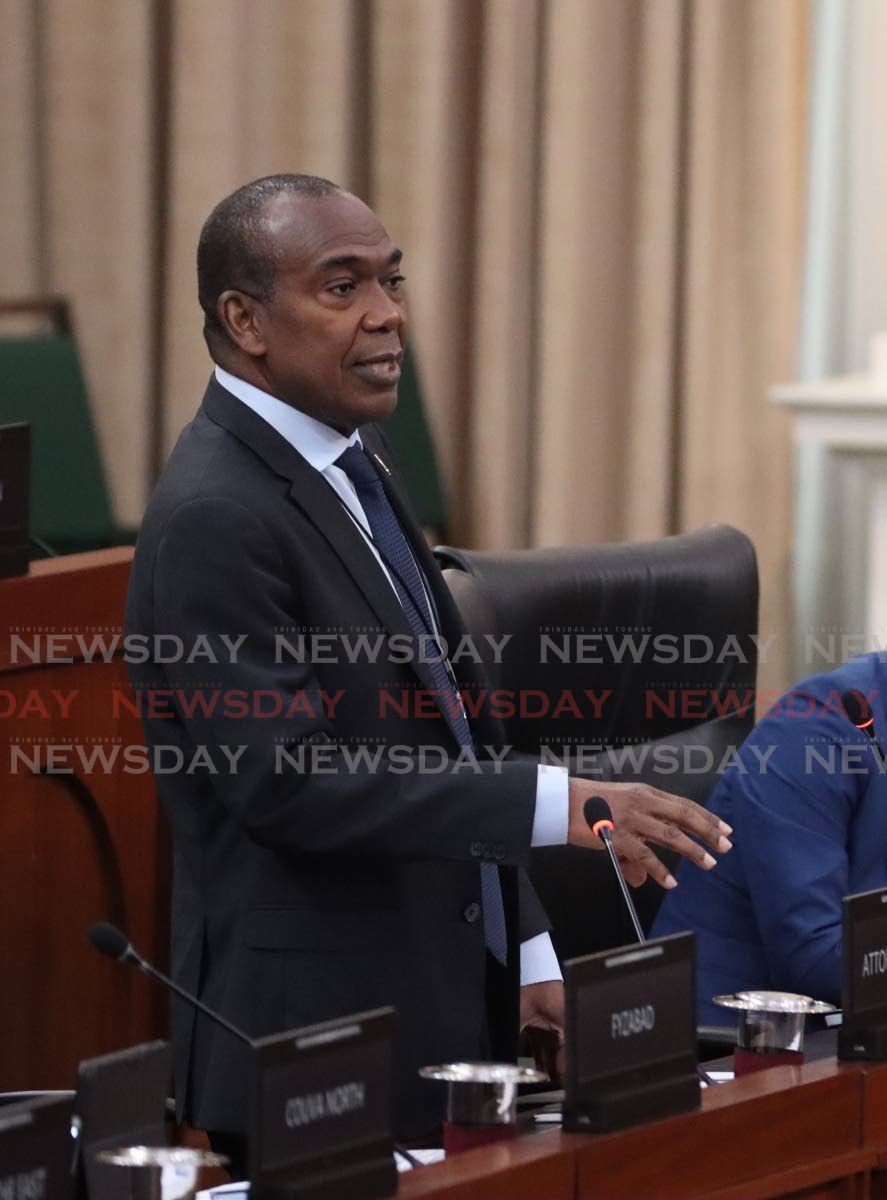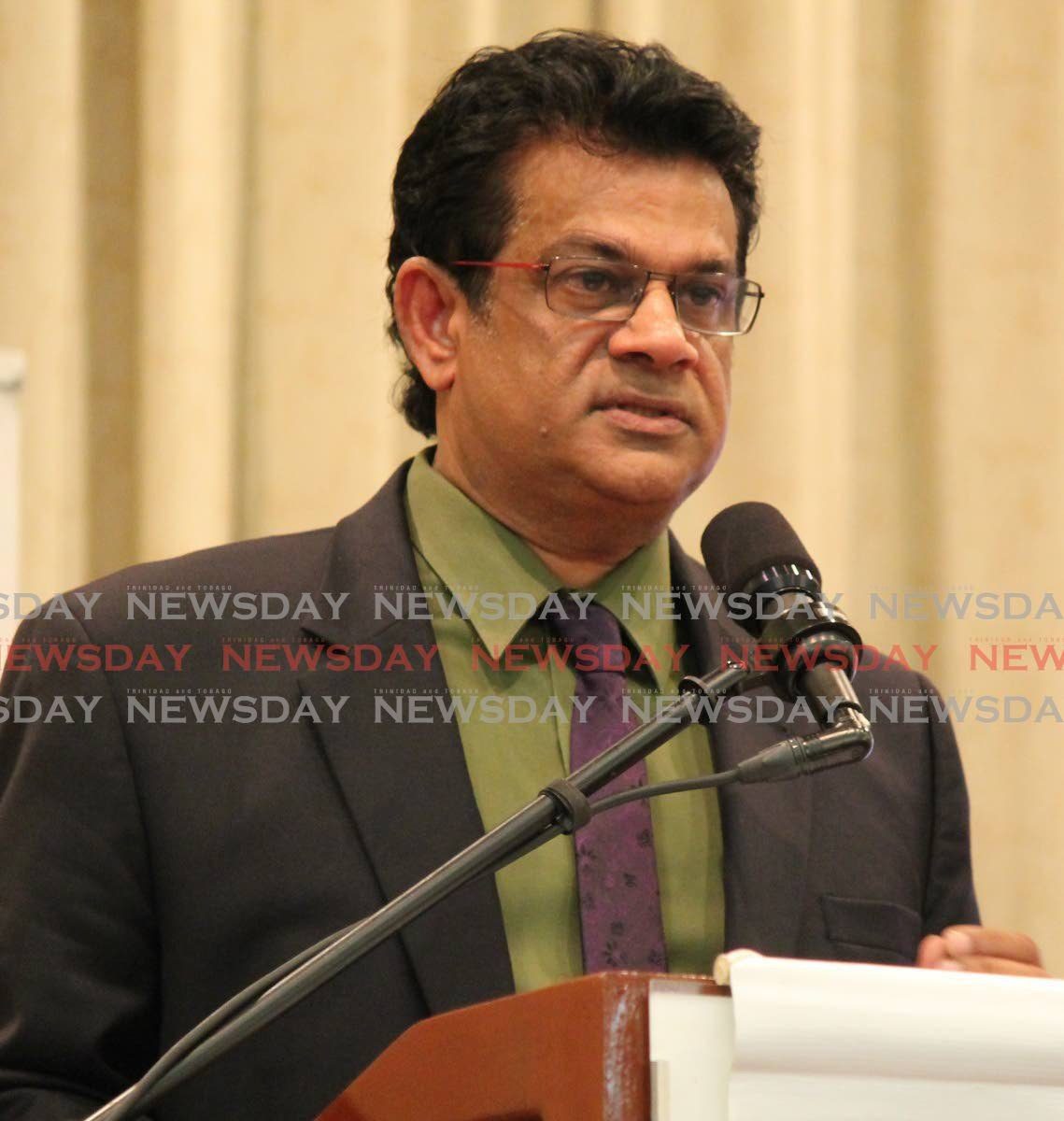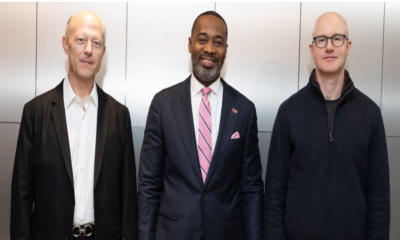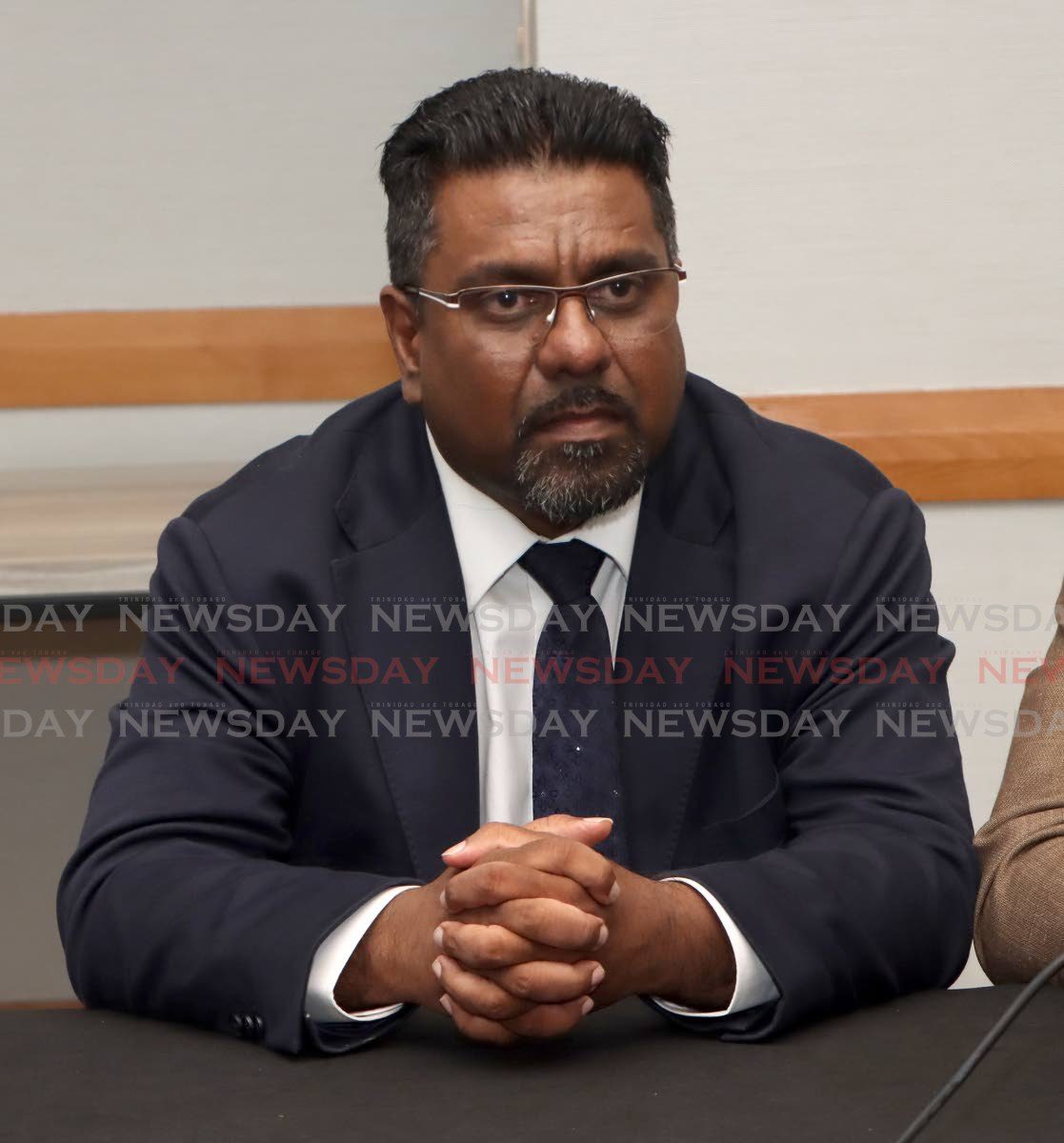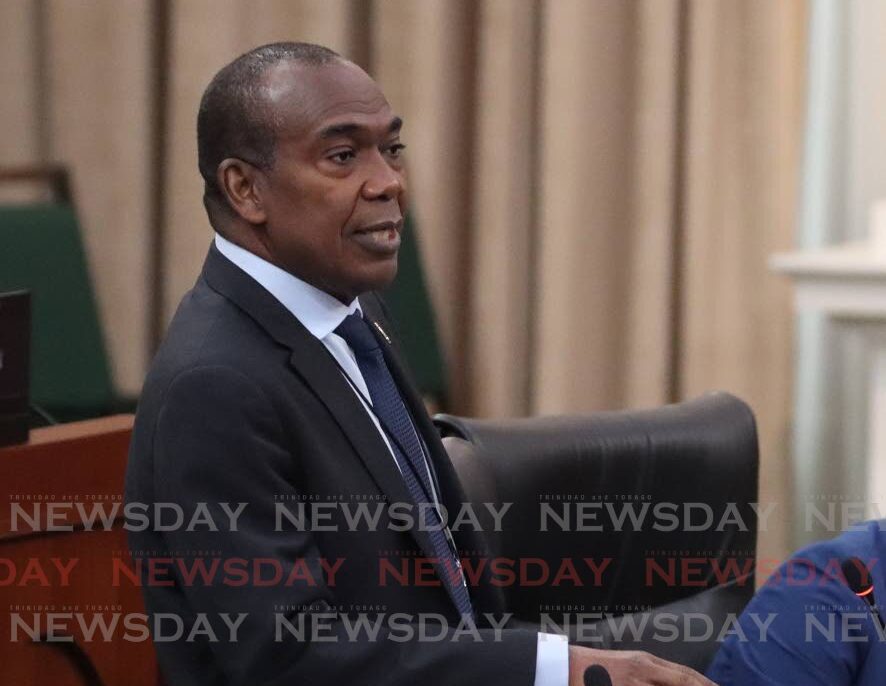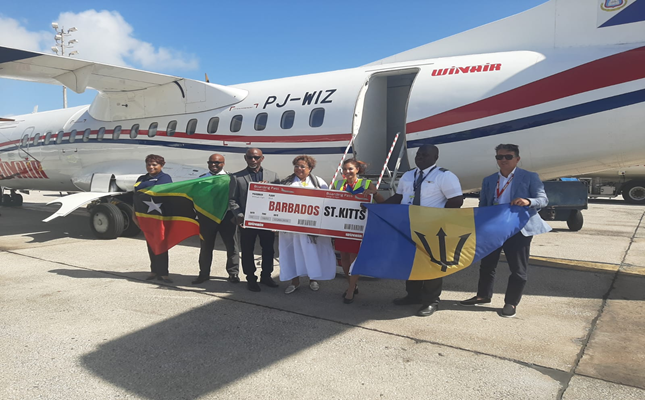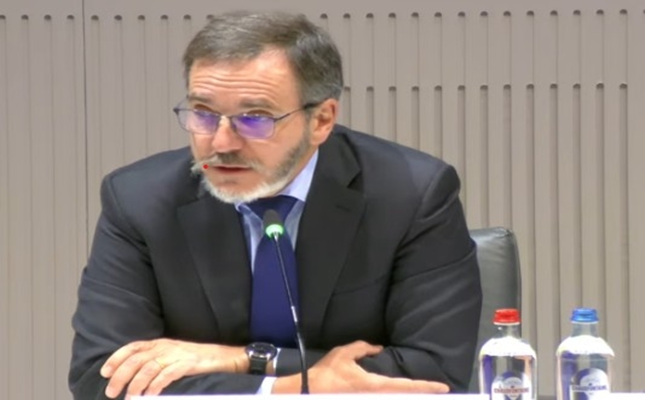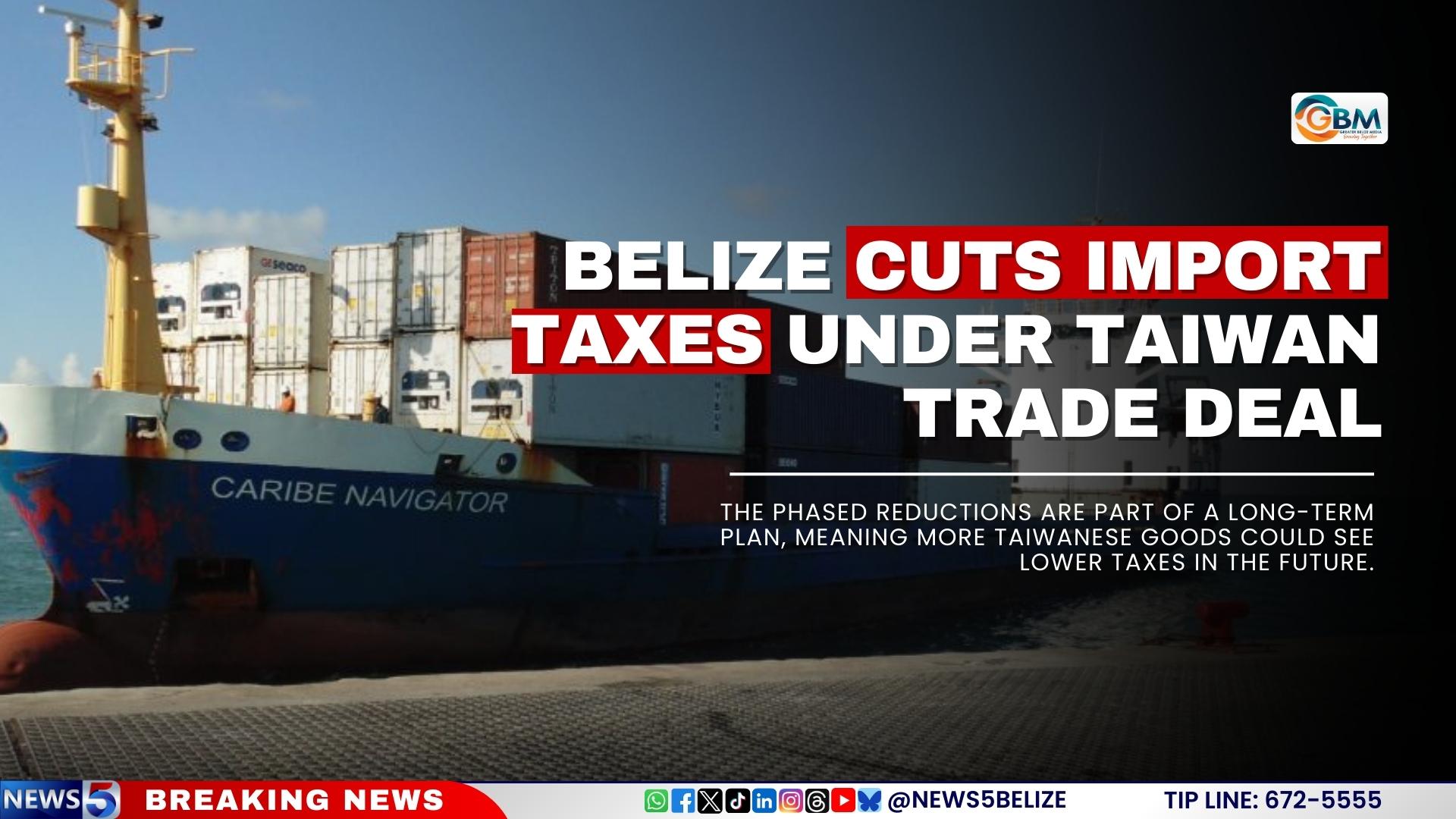Seventeen years after the Manning administration initiated a massive bailout of the collapsing CL Financial empire, Trinidad and Tobago’s government has officially abandoned its pursuit of accountability through civil litigation. Attorney General John Jeremie, SC, presented the long-withheld Sir Anthony Colman Commission of Enquiry report to Parliament on January 16, revealing the state’s decision to cease funding further legal actions against the financial giant.
The controversial bailout has cost taxpayers approximately $28 billion, with an additional $3-4 billion expended on legal fees throughout prolonged court battles. AG Jeremie emphasized the government’s commitment to a “cost-effective” approach, withdrawing from pending civil cases including a Central Bank lawsuit against CL Financial that was scheduled for hearing on January 19.
The Attorney General simultaneously expressed skepticism regarding potential criminal prosecutions, noting this falls under the jurisdiction of the Director of Public Prosecutions. He bluntly characterized the investigation as “a joke,” citing inadequate policing resources and forensic accounting capabilities necessary to prosecute complex financial cases of this magnitude.
The Rowley administration had previously withheld the Colman report due to concerns about defaming key individuals and compromising potential criminal proceedings. This challenge is not unique to Trinidad and Tobago—internationally, most similar cases are resolved through civil settlements due to the extreme difficulty of proving criminal intent in complex financial operations.
While high-profile exceptions like the Enron (2001) and Bernie Madoff (2008) cases in the United States resulted in criminal convictions, most financial scandals typically end with SEC fines and civil penalties. The Colman report has exposed systemic failures within Trinidad and Tobago’s financial regulatory framework, with lessons extending beyond CL Financial/Clico to include the collapse of the Hindu Credit Union.
Moving forward, experts recommend enhanced forensic training not only for police but also for accountants, lawyers, and various government agencies to better protect citizens’ life savings entrusted to financial institutions.
